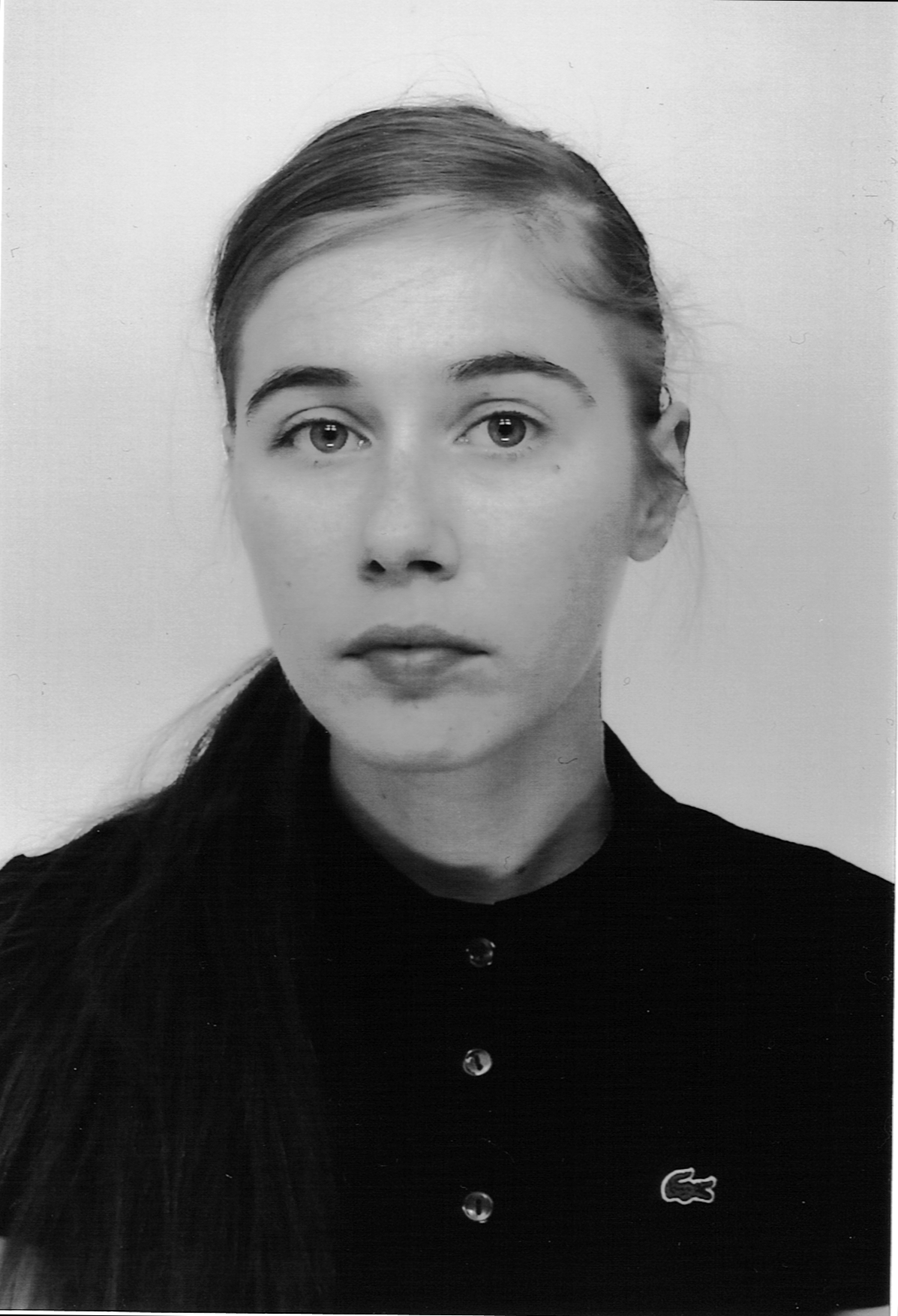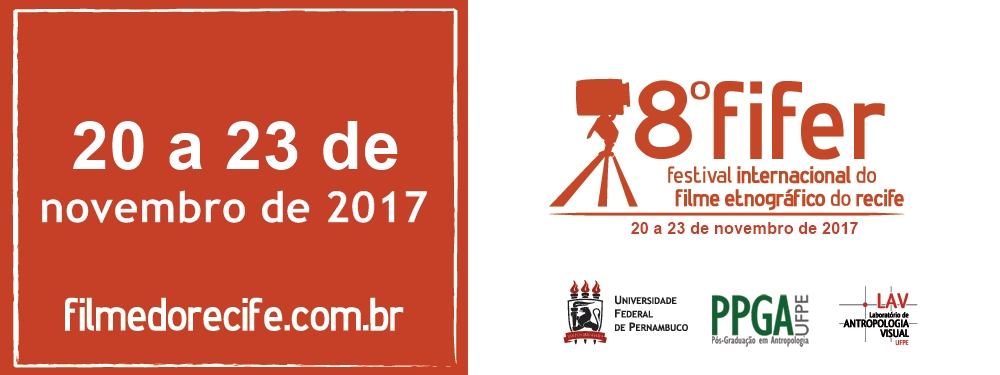Those Shocking Shaking Days

Título: Those Shocking Shaking Days
Direção/Ano: Selma Doborac/ 2016
Sinopse: Can a critical reflection of a war be achieved for example by means of poeticity or visuality, or would it be advisable in such an undertaking to tendentially forego unambiguous words and images in favour of a more critical reflection of a war? If a text or a film was made in such a way as to seem to lack reference to reality, would it then make finding the truth redundant, since no reference points to factuality – the atrocities, for instance – could be found? Or would such a design of a text or a film allow conclusions about the problematic nature of any attempt at describing, at showing the complexity of evil? (Selma Doborac) * A film about war, about the issue of its medial representation, about responsibility and remaining silent: About horror that withdraws from consciousness. Those Shocking Shaking Days is an impressive and unusual anti-war documentary. The film deliberately overwhelms its viewers with challenging questions: by refusing visual explicitness, its image overloaded with text, the film forces critical reflection of the conventions of representation and our own expectations of pictures. (MK, Diagonale, 2016) * Is it possible to represent war with the tools of cinema? This question raises a thousand others, just like war itself wears a thousand masks. The film focuses on the 1990s wars in former Yugoslavia: a European war, an anachronistic war with mass graves and concentration camps contrasting with the high tech weaponry of modern conflicts, and above all a war that received a great deal of media attention, with unbearable images becoming commonplace as soon as they were broadcast on TV screens. Yet another hackneyed analysis, you might think. Certainly not. Because in order to restore the faded power of images and personal accounts, and to remind everyone of their responsibility in a world where evil isn’t only wrought by war criminals, Selma Doborac, in her first full-length feature film, has set out to question, with extreme rigour, all the possible ways to make a film about war. Mass grave images are replaced by less spectacular video footage filmed by fighters themselves, or by 16mm shots of abandoned houses reclaimed by nature, that belong to the present as well as to the past.By breaking down the making of war images through a series of questions endlessly leading on to new ones, in the form of invasive subtitles or voice-overs sounding like news reports, the narrator also takes to pieces the mechanisms of perception, comprehension, memorialisation, and even simply communication itself. In doing so, the very language of cinema is called into question and the film becomes a unique experience, at once theoretical and autobiographical. (CG, FIDMarseille, 2016)
Duração: 88 m

 | Programação
| Programação


